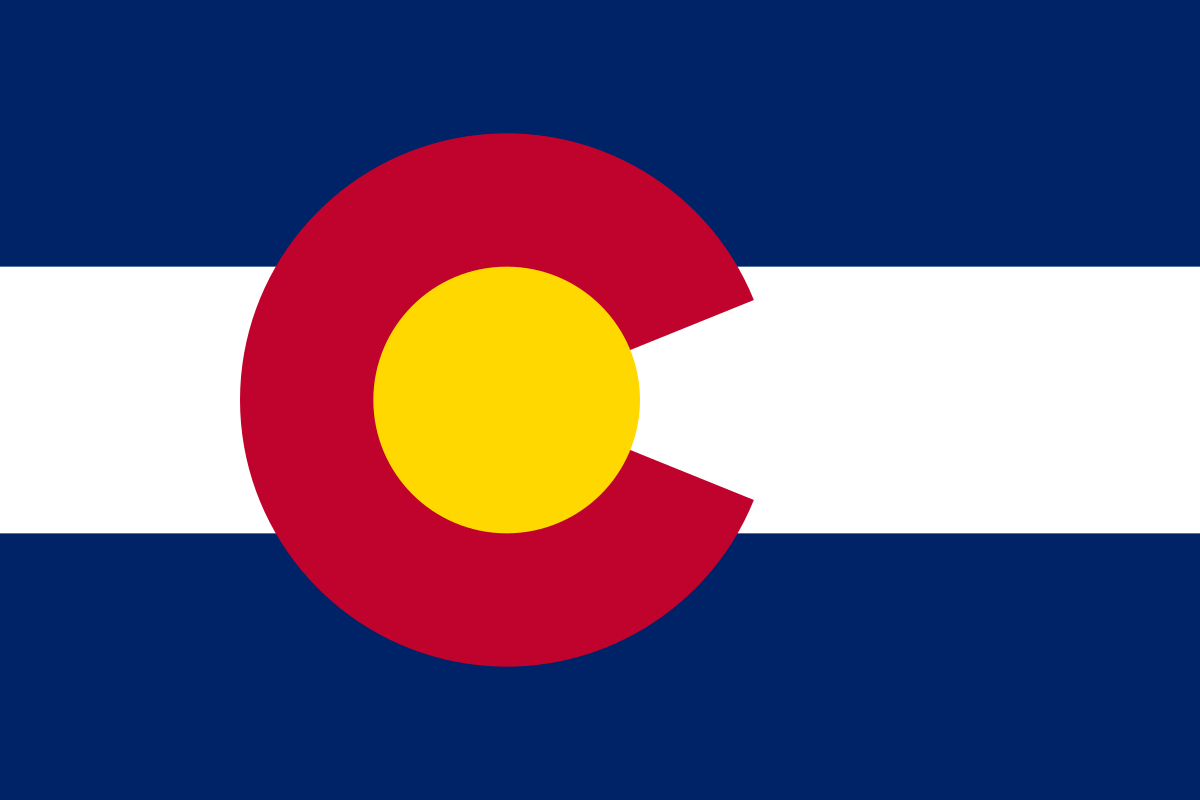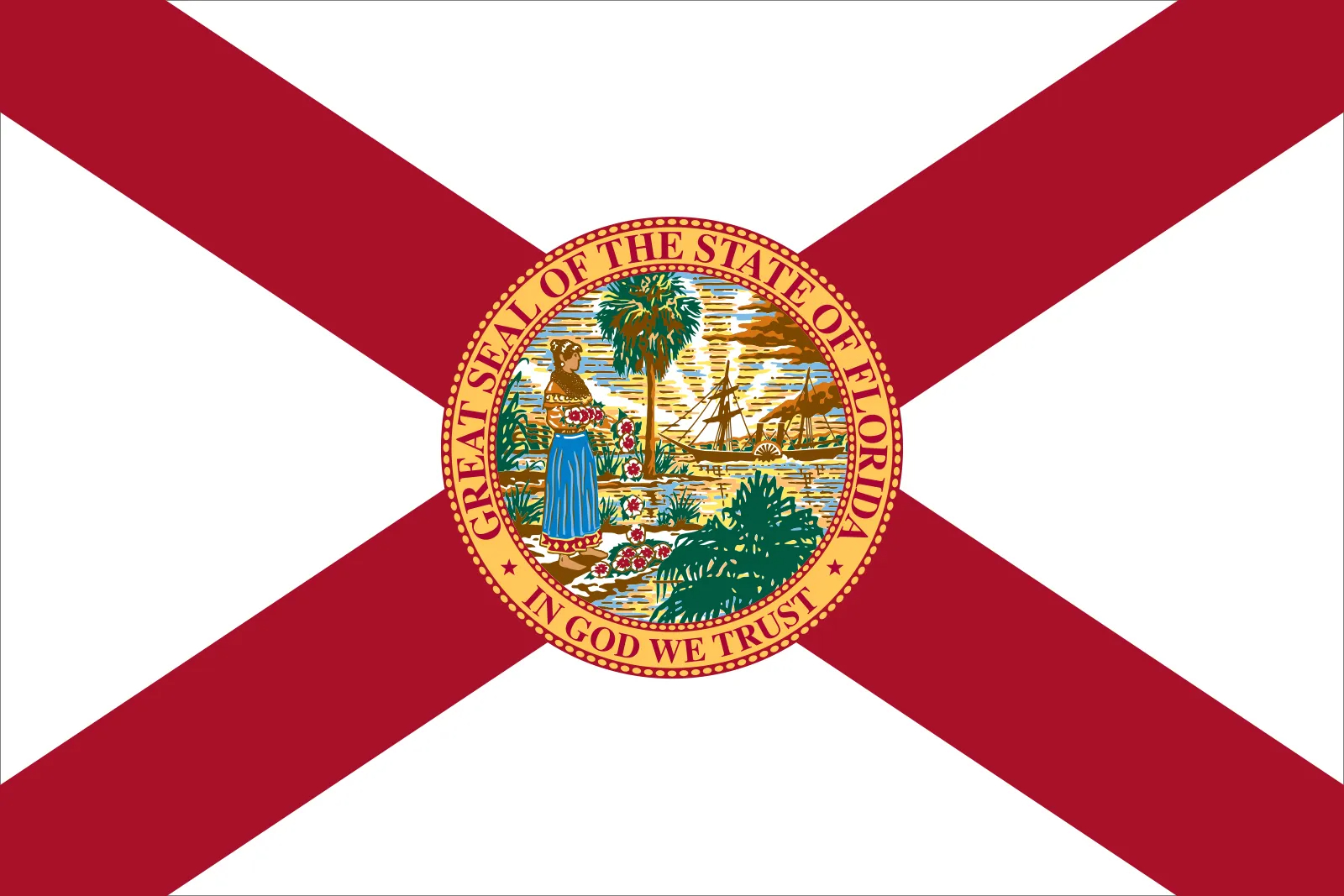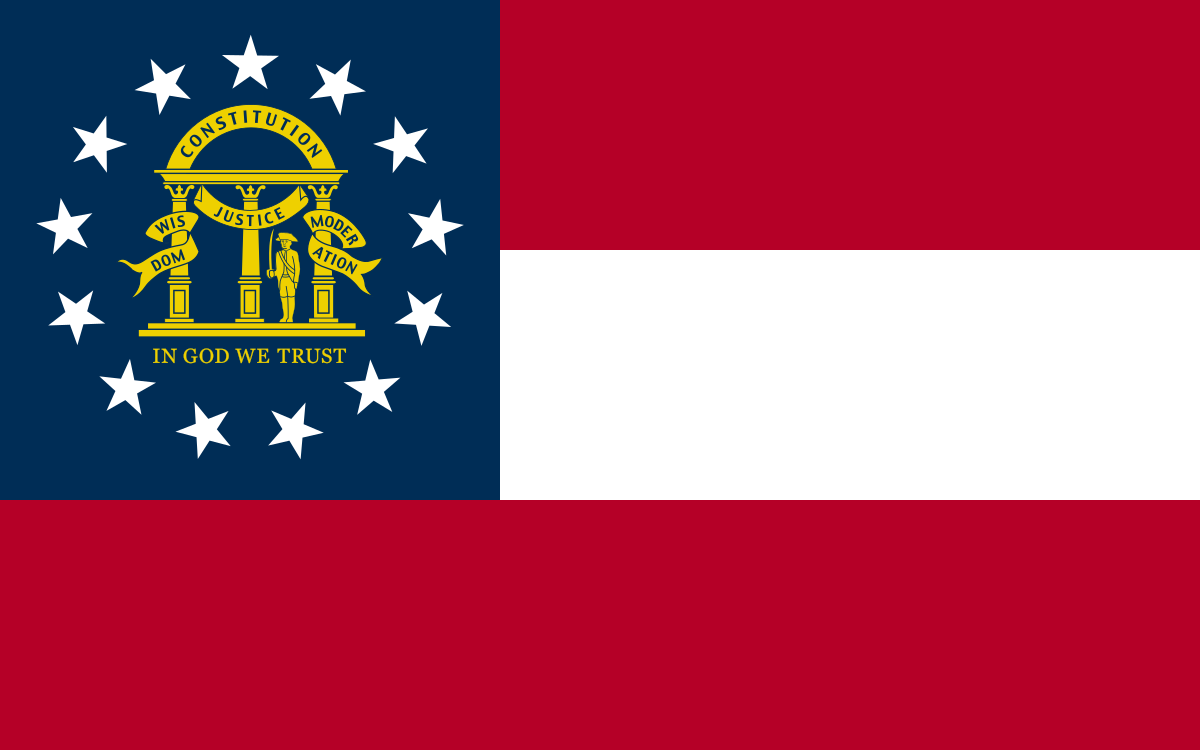
Alaska
30
100
Discover everything you need to know about Alaska fishing licenses, from resident and non-resident requirements to costs, special permits, and where to purchase. Avoid hefty fines by understanding the regulations that protect Alaska's aquatic ecosystems and ensure your fishing adventure stays legal and enjoyable.













